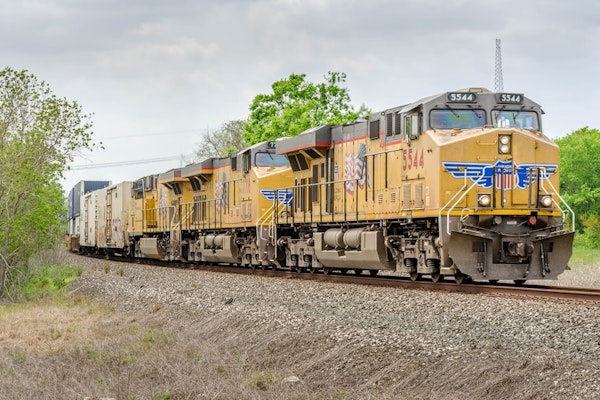
Cargo Theft From Union Pacific Trains Rampant In Los Angeles
A section of the Union Pacific train tracks in downtown Los Angeles has been littered with thousands of shredded boxes, packages stolen from cargo containers that stop in the area to unload.
January 14, 2022
Excess & Surplus Lines
California

NHL And 20 Teams Sue Insurers Over COVID-Related Denials
The NHL and 20 of its teams claimed to have lost over $1 billion over the COVID-19 pandemic, and they’re suing five of their insurance providers for reimbursement.
January 6, 2022
Litigation
California

How Loss Of Consortium Claims Are Upending Employer Subrogation In California
No employer wants to find themselves in the midst of a workers compensation matter, especially when the employee in question was injured through no fault of the employer.
This problem starts with California’s notoriously employee-friendly workers compensation rules, which requires employers to pay for employees’ medical treatment if they are hurt on the job. This holds true even in cases where the employer is not at fault and injuries were caused by a negligent third party.
Fortunately, California also gives businesses or their workers compensation carriers the right to subrogate against those negligent third parties to recover any benefits they might have paid to injured workers. Through additional litigation, employers can seek reimbursement for these paid benefits that were made on behalf of an injured employee.
December 23, 2021
Subrogation
Workers' Compensation
California
This problem starts with California’s notoriously employee-friendly workers compensation rules, which requires employers to pay for employees’ medical treatment if they are hurt on the job. This holds true even in cases where the employer is not at fault and injuries were caused by a negligent third party.
Fortunately, California also gives businesses or their workers compensation carriers the right to subrogate against those negligent third parties to recover any benefits they might have paid to injured workers. Through additional litigation, employers can seek reimbursement for these paid benefits that were made on behalf of an injured employee.

Excess ‘Other Insurance’ Provision Does Not Relieve Insurer’s Duty To Defend
The United States District Court for the Central District of California, applying California law, has held that a D&O insurer cannot rely on an excess ‘other insurance’ provision to preclude a duty to defend.
December 21, 2021
Liability
Litigation
California

Standout Decisions On Construction Dispute Cases In California
The construction industry is a key contributor to California’s economy. According to the Associated General Contractors of America, in 2019, the construction sector contributed $118.1 billion of the state’s total gross domestic product.
December 15, 2021
Liability
Litigation
California
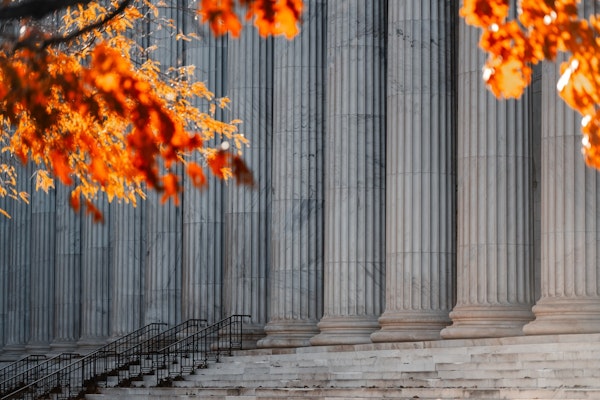
The 2021-2022 Judicial Hellholes Report
In its recently released annual report, the ATRA identified 8 jurisdictions on its 2021 hellholes list – which, in order, include: (1) California (with the plaintiffs’ bar taking advantage of unique California laws like the Private Attorney General Act); (2) New York City (particularly regarding Americans With Disabilities Act accessibility claims and an activist attorney general battling climate change with energy companies), (3) Georgia....
December 10, 2021
Litigation
California
Georgia
Illinois
Louisiana
Missouri

COVID-19 Business Interruption Claims: First California Court of Appeal Decision Holds That Closure Orders Are Not ‘Direct Physical Loss’
California has been a hotbed of litigation regarding COVID-19 business interruption claims. The vast majority of the trial courts have held in favor of insurers and against businesses.
November 19, 2021
Litigation
California

California’s Huge Property Insurance Market Hard For Carriers To Ignore
Two of California’s worst wildfires in 2018 cost Allstate Corp. a half-billion dollars, but the insurance conglomerate was able to give investors some reassuring news: It had already shrunk its footprint in California by half, creating a buffer of sorts against future losses.
November 9, 2021
Legislation & Regulation
Property
California
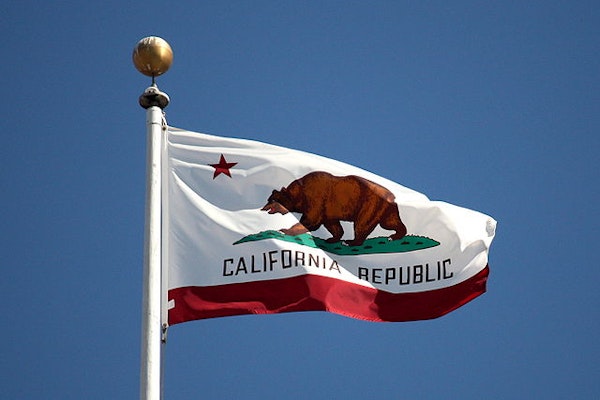
Court Of Appeals Rejects Carrier’s Challenge To Settling Around Workers’ Compensation Lien
A valiant effort by a California workers’ compensation carrier to make it more difficult for an employee to argue employer fault and settle around a workers’ compensation carrier’s statutory lien and right of reimbursement fell on deaf ears recently, when the California Court of Appeals rejected the notion that the workers’ compensation carrier has adequate standing to challenge . . .
November 2, 2021
Subrogation
Workers' Compensation
California

Alisal Fire 41% Contained, 3 Homes Destroyed
Santa Barbara County Fire officials are continuing to fight the Alisal Fire in Santa Barbara County. The Alisal Fire is now 41% contained, fire officials reported Friday morning.
Officials attribute the jump in containment to cooperative winds and the hard work of fire crews.
Three homes and two outbuildings have been destroyed by the fire. In total, 439 buildings have been threatened by the Alisal Fire.
1,731 personnel continue to fight the fire’s spread.
October 15, 2021
Property
California
Officials attribute the jump in containment to cooperative winds and the hard work of fire crews.
Three homes and two outbuildings have been destroyed by the fire. In total, 439 buildings have been threatened by the Alisal Fire.
1,731 personnel continue to fight the fire’s spread.

Insurer Reports California Comprehensive Auto Claims Rise 40%
A significant increase in vehicle theft and vandalism in California has led to a surge in comprehensive auto insurance claims in the state, a new report from Mercury Insurance says.
October 14, 2021
Auto
California

30 Structures Destroyed In Wind-Driven Fire At California Mobile Home Park
A fire burning in a mobile home park in the Delta town of Isleton destroyed 30 structures and threatens 20 more but is expected to be contained by Tuesday’s end, according to the River Delta Fire Protection District.
October 12, 2021
Property
California

Plane Crash In San Diego County Kills Two, Burns Homes
A twin-engine plane that killed at least two people and left a swath of destruction in a San Diego suburb nose-dived into the ground after repeated warnings that it was flying dangerously low, according to a recording.
October 12, 2021
Excess & Surplus Lines
Property
Subrogation
California
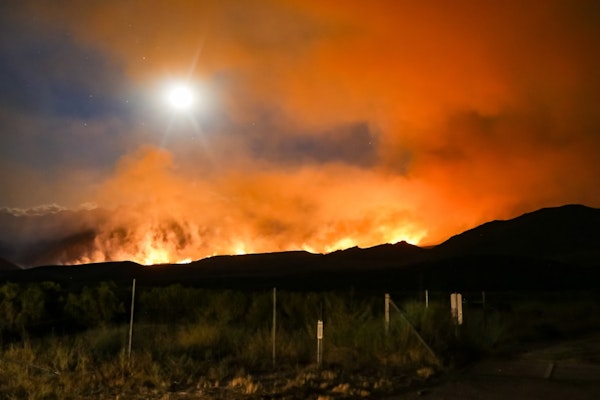
Unprecedented Behavior: Wildfires Have Jumped The Sierra Nevada
The Caldor Fire, burning in eastern California and western Nevada, became the second incident to take wildfire behavior in a direction never recorded before 2021: Across the Sierra Nevada Mountains.
October 6, 2021
Risk Management
California
Nevada
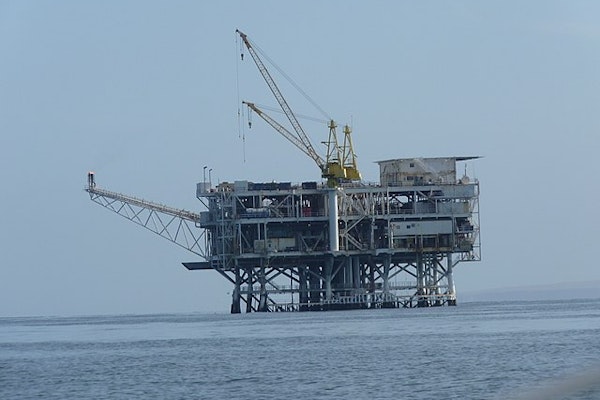
Class-Action Suit Filed Against Energy Companies Following Huntington Beach Oil Spill
A proposed class-action lawsuit has been filed against the companies who run the oil line that dumped hundreds of thousands of crude oil off the coast of California over the weekend.
October 5, 2021
Excess & Surplus Lines
Litigation
California





